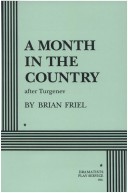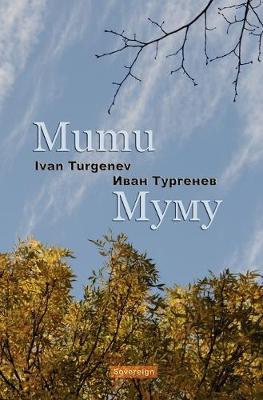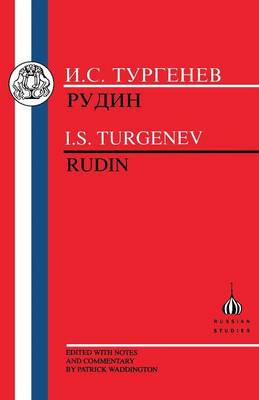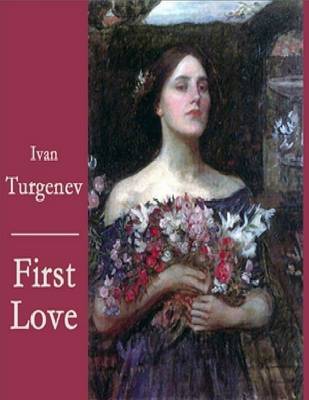Library of Russian Classics S.
4 total works
This book contains the Russian text of Turgenev's Mumu, edited with an English language introduction, notes and extensive vocabulary.
Turgenev is an author who no longer belongs to Russia only. During the last fifteen years of his life he won for himself the reading public. As regards his method of dealing with his material and shaping it he surpasses all the prose writers of his country, and has...
Read moreTurgenev is an author who no longer belongs to Russia only. During the last fifteen years of his life he won for himself the reading public. As regards his method of dealing with his material and shaping it he surpasses all the prose writers of his country, and has but few equals among the great novelists of other lands. To one familiar with all Turgenev's works it is evident that he possessed the keys of all human emotions, all human feelings, the highest and the lowest, the novel as well as the base. He make himself almost exclusively the poet of the gentler side of human nature. We may say that the description of love is Turgenev's specialty. Rudin is the first of Turgenev's social novels, and is a sort of artistic introduction to those that follow, because it refers to the epoch anterior to that when the present social and political movements began. This epoch is being fast forgotten, and without his novel it would be difficult for us to fully realise it, but it is well worth studying, because we find in it the germ of future growths. Introduced in English, the text is in Russian and the notes are in English




